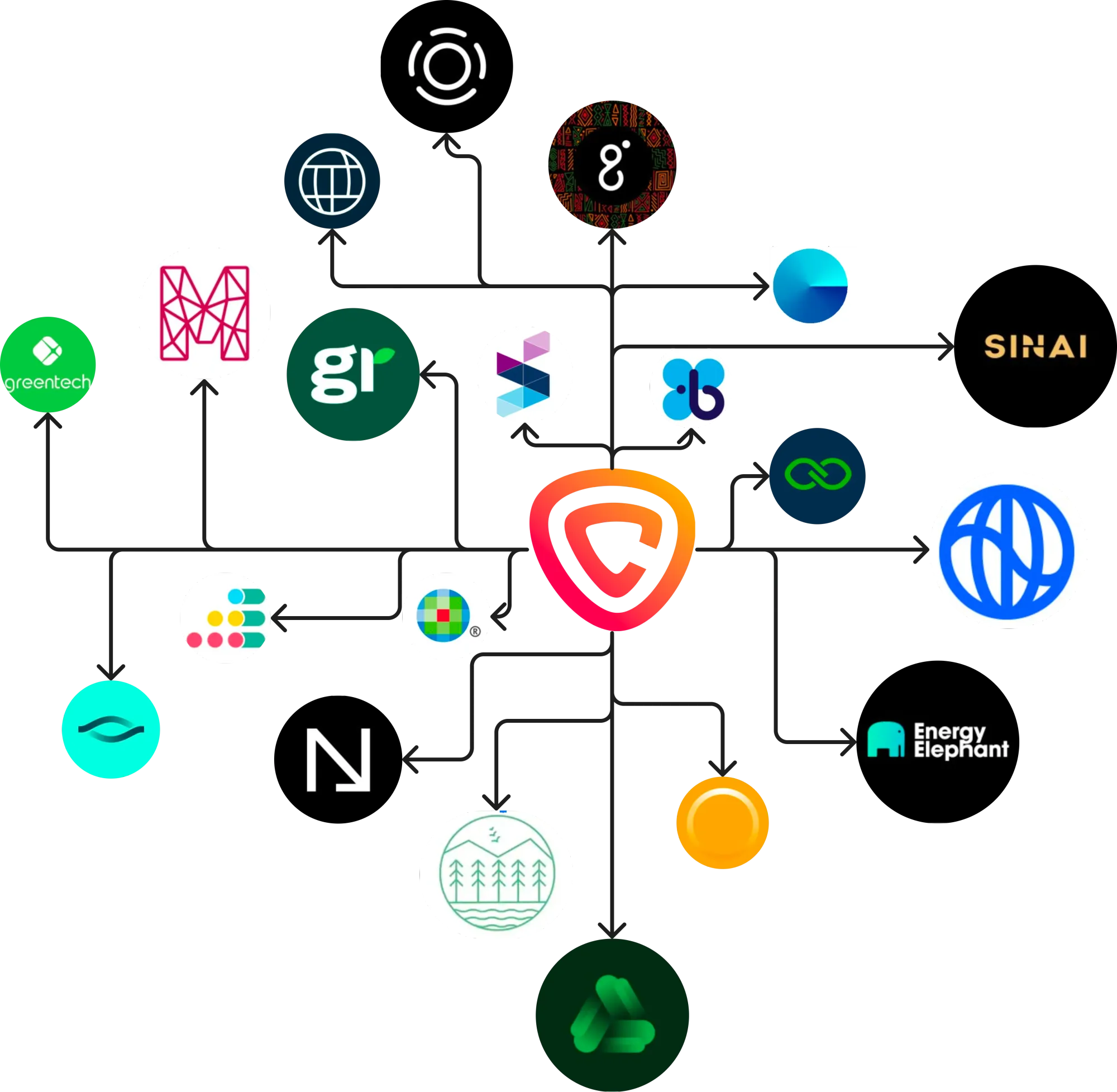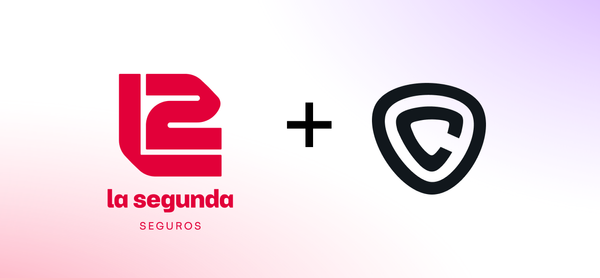Embracing Technology for Sustainable Success: A Practical Guide for Sustainability Directors
In the rapidly evolving world of sustainability, technology plays a pivotal role. For directors of sustainability, harnessing tech is not just about staying current; it’s about leading the charge in transforming their departments into more efficient, impactful entities. This guide explores how technology, especially platforms like Cedalio, can be a game-changer in the realm of sustainability management.
Understanding the Tech Landscape in Sustainability
The first step is to grasp the current trends in sustainability technology. From data analytics platforms to AI-driven sustainability solutions, the tech landscape is rich and varied. Understanding these tools and their capabilities is essential in identifying what aligns best with your organization’s sustainability goals.

Plan A — Offers a carbon footprint management tool that helps businesses measure, monitor, and reduce their carbon emissions.
Ecochain — Provides environmental footprinting software that enables companies to analyze and reduce their environmental impact.
Sustainalytics — Specializes in ESG (Environmental, Social, Governance) risk assessment tools for businesses.
Watershed — Offers a platform for companies to measure and reduce their carbon footprint.
Normative — A software tool that helps businesses calculate their carbon emissions based on spending data.
EnergyElephant — A platform that converts energy data into actionable insights to increase efficiency and sustainability.
Sweeft — Provides a digital tool for managing sustainable practices and reporting in businesses.
Greenly — Offers a tool for tracking and reducing carbon emissions, making sustainability accessible and actionable for companies.
Sinai Technologies — Provides a carbon emissions management platform for enterprises, focusing on decarbonization strategies.
Carbon Analytics — Helps businesses measure and reduce their carbon footprint, offering insights into sustainability performance.
Impactful — A platform that integrates with business systems to automate ESG reporting and improve sustainability outcomes.
Circularity — Offers solutions for businesses to implement and manage circular economy practices effectively.
Metabolic Software — Provides tools for companies to analyze and optimize their systems for sustainability.
ClimateView — A climate action planning tool that helps cities and businesses in transition planning towards a low-carbon future.
Alaya — Focuses on corporate social responsibility (CSR) by connecting businesses with community engagement and volunteering opportunities.
Greentech — Offers AI-based tools for analyzing and improving energy efficiency in buildings and industrial processes.
Emitwise — A platform that automates carbon accounting across a company’s operations for real-time insights into carbon footprint.
Enablon — Provides a suite of sustainability, EHS (Environment, Health, and Safety), and operational risk management software.
Trase — Offers supply chain mapping and transparency tools to help businesses understand and mitigate environmental risks in their supply chains.
Goodera — A platform for CSR and sustainability management, helping companies measure, manage, and report their social impact.
Cedalio: Revolutionizing Sustainability Data Management
Platforms like Cedalio are at the forefront of this technological revolution. Cedalio simplifies the complex process of collecting, managing, and reporting sustainability data. Its comprehensive approach ensures that data is not only accurately captured but also meaningfully analyzed, providing actionable insights for sustainability initiatives.
Integrating Technology into Existing Processes
The integration of new technology should be a strategic and thoughtful process. Start small by identifying key areas where tech can make the most impact. For example, automating data collection for carbon footprint analysis can significantly reduce manual errors and save time. Gradually, you can scale the use of technology as your team becomes more comfortable and sees the tangible benefits.
Leveraging Tech for Effective Sustainability Practices
Technology can enhance various aspects of sustainability practice. For instance, predictive analytics can forecast the environmental impact of certain business decisions, enabling proactive measures. Similarly, blockchain technology can be used for enhancing transparency in supply chain management, a crucial aspect of modern sustainability efforts.
Practical Tips for Sustainability Directors
- Stay informed about the latest sustainability tech trends and tools.
- Assess your department’s specific needs to identify the most suitable technologies.
- Engage your team in training and discussions about new tools to ensure smooth adoption.
- Monitor and evaluate the impact of technology on your sustainability practices regularly.
Conclusion
For sustainability directors, embracing technology is not just about keeping up with trends; it’s about redefining how sustainability is managed and measured. By effectively leveraging platforms like Cedalio, directors can not only streamline their operations but also amplify their impact, driving their organizations towards a more sustainable and responsible future.


